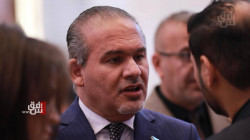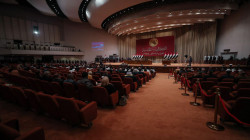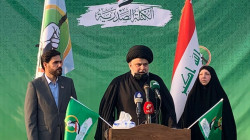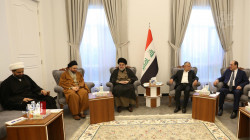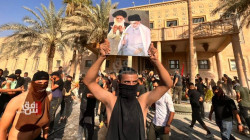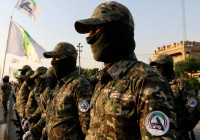Can the next stage solve the dispute between the Framework and the Sadrist
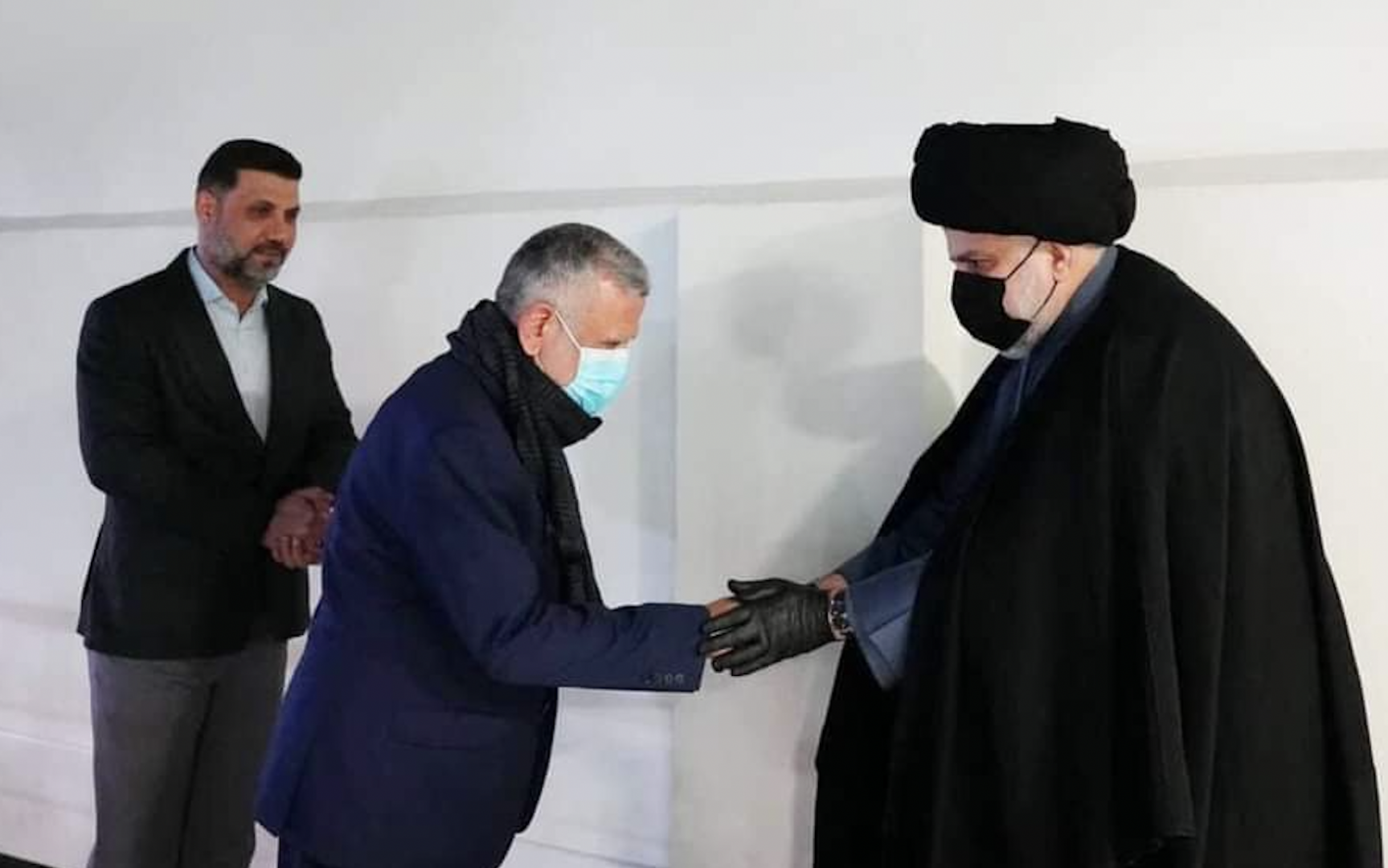
Shafaq News/ More than five months have passed since the Iraqi elections. However, only electing the parliament speaker has been achieved, while political elites are still holding talks about choosing the presidents of the republic and government are still running.
A source in the Shiite Coordination Framework revealed to Shafaq News Agency that the Framework is considering sending a delegate to Al-Hanana (Al-Sadr's residence) in Najaf to present an initiative to resolve political differences.
The Framework initiative suggests that the Framework waives its ministerial entitlements in the next government to select a "consensual prime minister."
On the other hand, a member of the Sadrist Movement, Safaa al-Asadi, confirmed that "the movement has constants, including not accepting any consensus government."
Al-Asadi told our Agency, "We have previously held talks with the Framework's leaders and proposed 14 conditions in the interest of Iraq, but all we receive is a lack of commitment."
"Those conditions include renouncing all those involved in corruption, following up all corruption files from 2003, and controlling all official and unofficial border crossings by the state.
Concerning the possibility of resolving the dispute, al-Asadi concluded, "Until this moment, a political breakthrough has not appeared on the scene…we will not retreat from forming a government (a national majority, neither eastern nor western), we welcome whoever wants to join us; otherwise, we remain in Parliament and have an absolute majority."
Iraqi lawmakers failed for a third time on Wednesday to elect a head of state, further deepening a political crisis spurred by infighting following general elections five months ago.
So far, Iraqi politicians have disagreed on a compromise candidate for the presidency, exacerbating a political vacuum that prevents the appointment of a prime minister.
A lack of a quorum, set by the Federal Supreme Court at two-thirds of the house's 329 members, held the vote for the third time since February.
The parliament presidium opted to convert the session to an ordinary session to discuss the lineups of the permanent parliamentary committees.
In a brief statement, the media bureau of the Iraqi parliament said that the parliament speaker, Mohammad al-Halboosi, inaugurated the sixth ordinary session without revealing the number of lawmakers who attended the session.
Only 152 lawmakers showed up for the latest vote, and the vote for a new president was delisted from the session's agenda, a source said.
